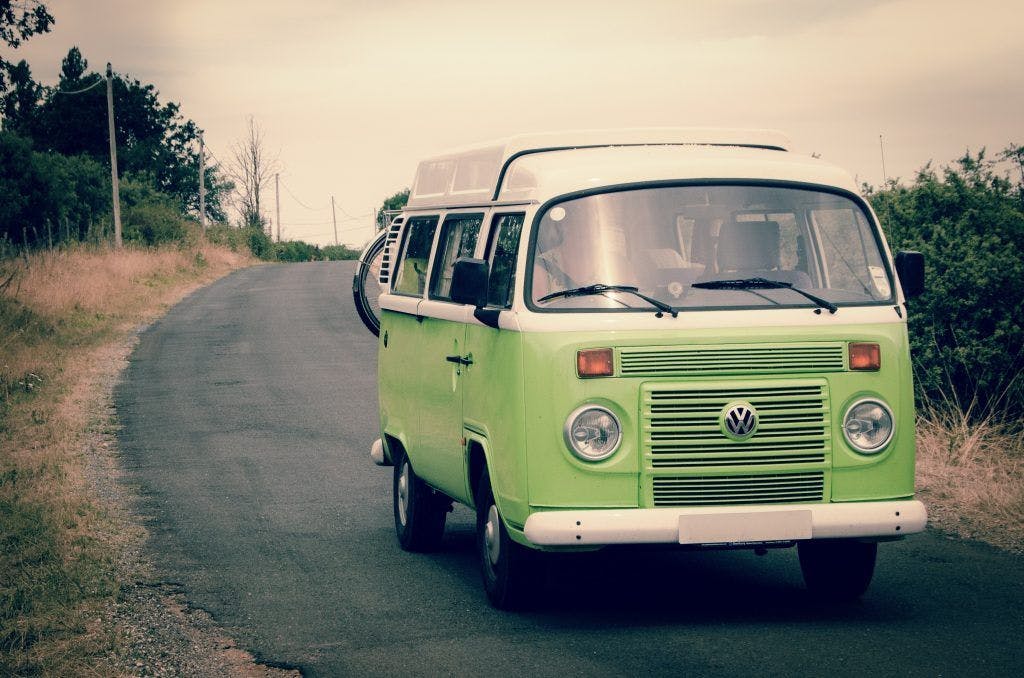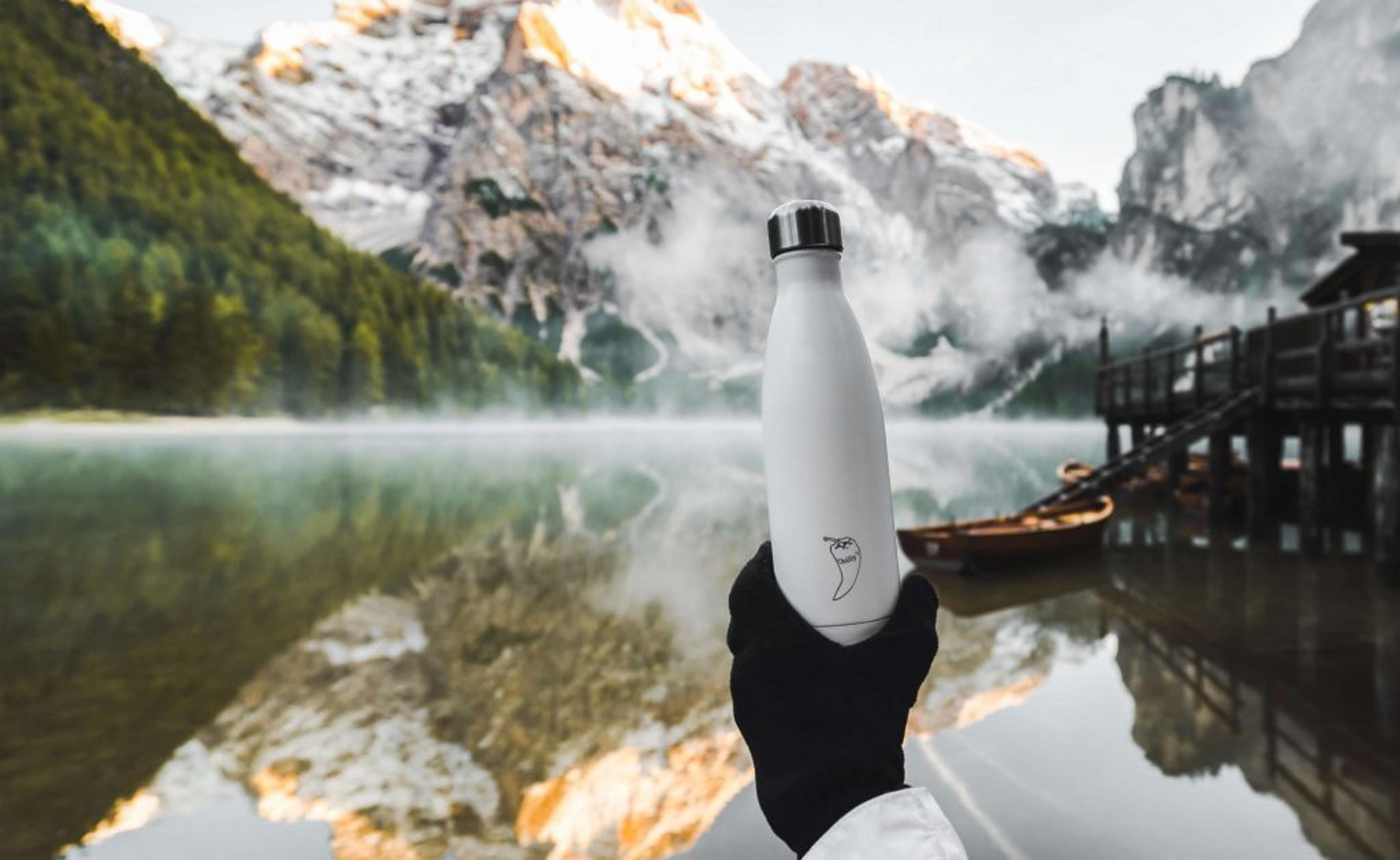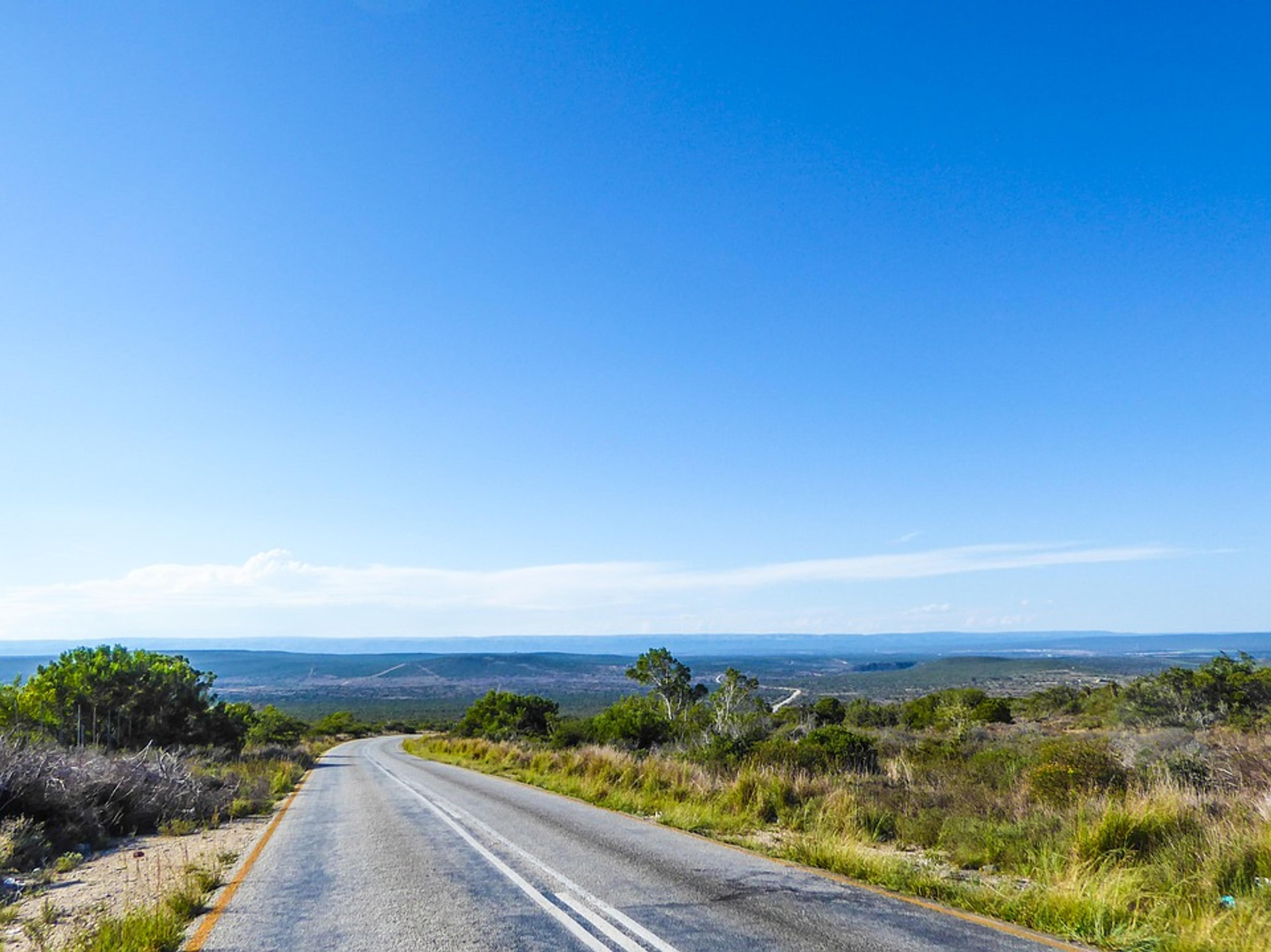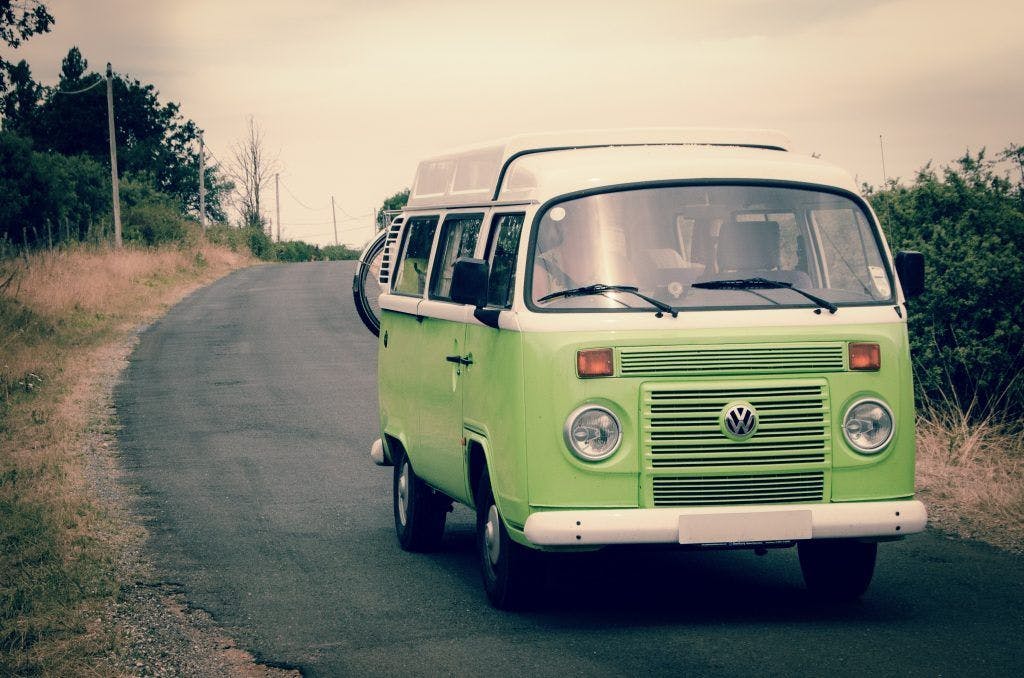Travel is a privilege, a lifestyle choice that allows us to experience new cultures, connect with people and make amazing memories. But it is important to be aware of the impact it can have on the environment and local communities. We still believe travel should be encouraged and celebrated, as long we are educated about the effects of our choices and hands-on in aiming to offset them.
We spoke to Julie Middleton, Head of Sustainability at The Travel Foundation, a UK charity championing sustainable tourism, to learn some methods to minimise the environmental consequences of a road trip.
Julie Middleton told us: “Any way that you travel you need to think about how it will impact on both the environment and the people that live there.
“If you are bearing this in mind and thinking about how you can bring maximum benefit and make sure you’re not doing anything that’s going to create a negative impact then that’s the way to travel.”
Research is one easy way to reduce the negative impact your trip may cause. Educate yourself about where you’re going and be mindful of the culture and of guidelines such as the seven ‘Leave No Trace’ principles from the Centre For Outdoor Ethics.

“It’s always worth understanding, wherever you travel, the culture. If your road trip is taking you to places where culturally it’s very different to the UK, it’s really worthwhile researching that before hand – try learning some of the local language,” Julie said.
During your road trip you’ll be putting in a lot of miles on the tarmac. It’s important to regularly give your vehicle a good check. A well-maintained vehicle is more efficient – you should be looking at tyre pressure, oil and water. Another option is to select an energy efficient car, if you are renting swapping to an electric or hybrid vehicle should be relatively easy. Make sure you pack wisely as a heavy load can lessen the efficiency of your vehicle.
“The biggest impact is going to be your vehicle. Then it’s going to depend on the quality of that vehicle and whether its electric or hybrid – that’s going be much better for the road trip,” Julie explained.
She added: “Of course there are other modes of transport. You could cycle then you would have a very low carbon footprint.”
Road tripping often means eating on-the-go at convenient times and this usually equates to lots of single-use packaging. Organisation is key here – try visiting a packaging-free shop prior to your trip and buy snacks and other dried supplies in bulk to split into reusable boxes for your journey.
It’s also important to stay hydrated, so buy a reusable bottle and use apps like Tap and Refill to find safe and free drinking water. For hot beverages use a flask in coffee shops to not only save on single-use cups, but get a bit of discount too.

When you do need to get food then buying from local restaurants and shops is the way to go. It can be overwhelming hunting out the best sustainable independent restaurants but apps like Greenease can help.
Julie said: “If you’re going on a road trip and you’re always self-catering then that’s not going to be of benefit to the local economy. Instead go to local restaurants and buy local produce from local shops.”
Chatting with locals is also a great way to pick up insider information. Even better, paying for a local tour guide puts money back in to the local economy as well as getting you these perks.
“Try local guides, where you often get a much better experience because they know the area and they can give you local tips,” offered Julie.
Sleeping arrangements differ a lot between road trips. If you kip overnight in your vehicle or use a campsite then always leave the area in better condition than you found it; don’t just take away all your waste but make extra effort to take away someone else’s rubbish they’ve left behind. Avoid taking a lot of electrical items and try replacing staple electronics, like phone chargers, with solar-powered alternatives.

If you’re booking into somewhere for the night then book locally and support small businesses. Ecobnb is a great resource when looking for accommodation – they only advertise places that meet their sustainability criteria such as using ecological cleaning products and energy saving lights.
When on your road trip implementing even a few of these tips and tricks will contribute to sustainable tourism. You should also end every trip by donating to a charity with sustainability schemes to offset the carbon footprint of a holiday (you can easily calculate your carbon footprint online).


Comments are closed.